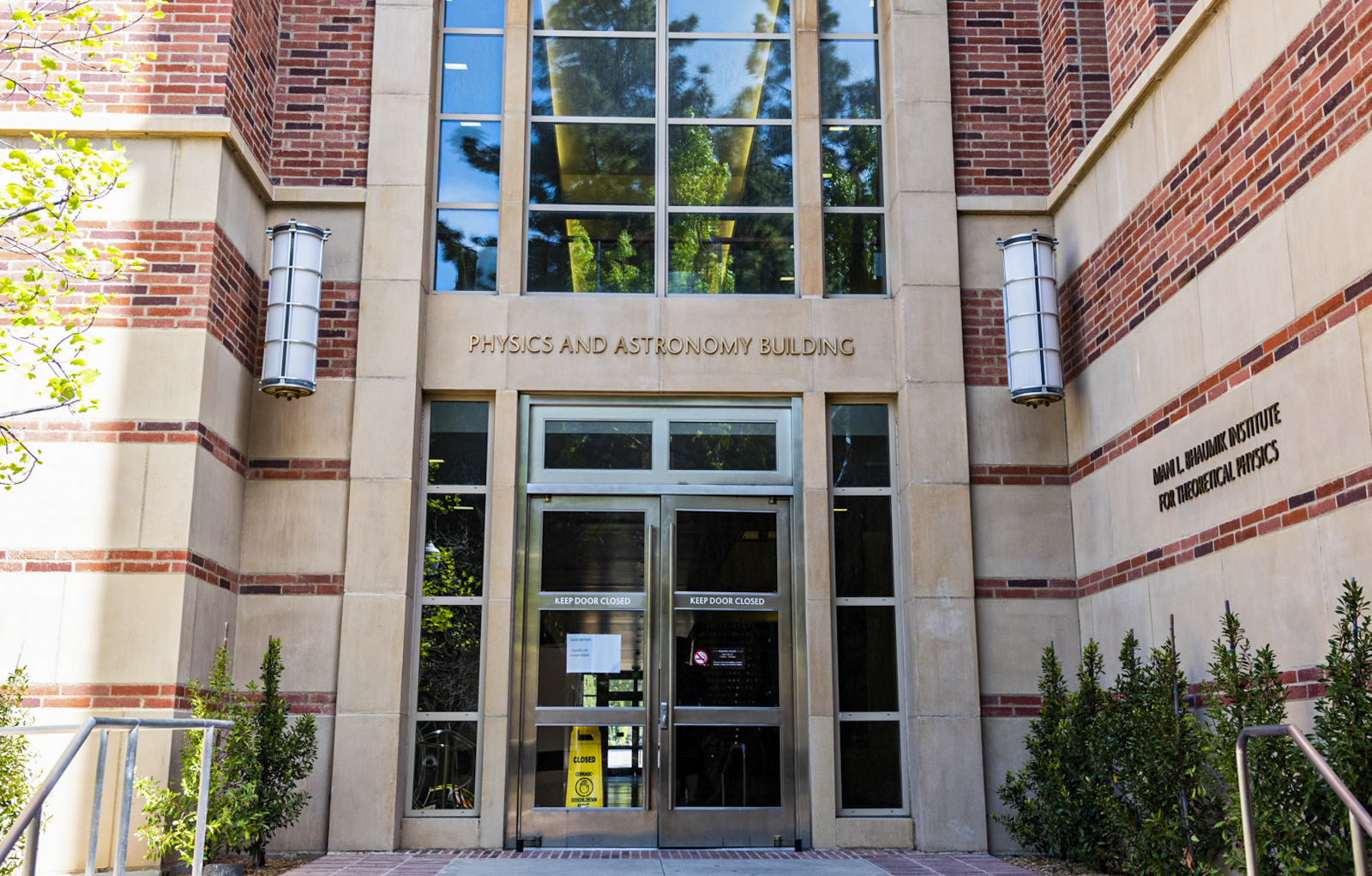Let’s get straight to the punchline: UCLA needs to change how the physical sciences are taught.
Physical science courses have significantly higher fail rates than other courses, according to a 2015 report to UCLA’s executive vice chancellor and provost on enhancing student success. They also have large disparities in achievement between underrepresented minority students and non-underrepresented minority students.
Many of you may think to blame yourselves, but hold that thought. For the fall 2018 enrolled freshman profiles, the 25th percentile had a 1280 SAT score and 3.85 GPA, while the 75th percentile had a 1510 SAT score and 4.00 GPA, according to UCLA Undergraduate Admissions statistics from 2018.
Although SAT scores and GPA don’t tell the entire story, it’s safe to conclude that students enrolled at UCLA are bright and hardworking individuals, so they are capable of succeeding in the physical sciences.
But we consistently see high fail rates. If capable UCLA students struggle to succeed in these courses, there must be other factors at play. Those factors are the UCLA system itself, the instructors and other academic support networks. Although UCLA has responsibilities to different stakeholders, all with different goals and requirements, there is also a responsibility to our students who were promised an education and the resources they need to succeed.
Physical science classes are unique in the level of engagement they require – unlike other disciplines, it is more difficult to learn in the absence of a hands-on approach. However, physical science professors often rely on lecturing, making students passive learners. In order to effectively teach these courses, professors must reconsider the level of student engagement inside the classroom in order to create an adaptive and dynamic learning process.
In addition, these courses tend to heavily curve grades, pitting students against one another and degrading the supportive learning community that could – and should – exist in our classrooms.
Physical science disciplines also have particularly high stakes because one bad class can harm a student’s entire college career. Ideas in science courses often build on one another, so when students do not master material in classes and are forced to move on to more advanced material, their knowledge gaps become wider. Eventually, they hit a wall.
For example, a student may get a 60% in a physics class, but could receive a B due to the curve. However, the student is made to move on to the next physics class, even though the exam identified that the student did not master certain concepts. The system allows knowledge gaps to compound, ultimately inclining students to frustratingly leave the major.
This story probably sounds familiar. In Physics 88: “Lower-Division Seminar: Current Topics in Physics,” an education seminar that was offered spring quarter, we were part of a group of students who cherish STEM education. Within this group, we shared stories about our experiences in STEM education, ranging from computer science to biology and beyond. This group of students included UCLA undergraduates as well as graduates from a diverse collection of universities and colleges ranging from liberal arts to research-based.
Nearly all of the students felt left behind in courses, whether it be from a professor lecturing with no regard to student understanding or from a professor who incorporated material barely covered in class.
The problem compounds if students continue to graduate school, where the baseline expectations for prior knowledge are even more varied and unclear. As graduate student teaching assistants, we have seen what a wide range of preparation and background knowledge exists in UCLA students, even if they all passed their prerequisite courses. These individual differences can result in major knowledge gaps that affect student success in the future.
Students in STEM are not strangers to discouragement, but it is the responsibility of the university and its educators to ensure that our students feel more confident in their studies.
An ideal solution would allow students to learn at their own pace and take exams once they feel prepared. However, such a drastic change in course structure is unlikely and impractical in the short term.
A more tractable plan of action would be to improve and refine learning outcomes in STEM courses, making the expectation of mastery clear from the start. Professors must start with learning outcomes to help to align all lectures and class activities, making them purposeful and cohesive.
Instructors also need to understand and implement other effective pedagogy when planning their classes, relying on education research and evidence-based practices to create an inclusive classroom for all their students.
As opposed to listing prerequisite courses, departments should focus on compiling lists of topics students must be familiar with – this would ensure more specificity and would allow students to review what is necessary.
Meanwhile, online resources such as Khan Academy or other massively open online courses, would provide students with a wealth of knowledge, verified by their professor. For upper-division courses that aren’t covered by accessible massively open online courses, departments could work with learning assistants and TAs to develop libraries of video content aimed at helping students master specific topics. Directing students to the right resources would allow them to better take command of their learning and reduce moments when they feel helpless.
Until STEM courses themselves can be redesigned to be more cohesive and inclusive, small steps will lead the way toward more substantial academic improvement.
Ultimately, no student should leave the classroom due to a lack of support.
Lewis is an astronomy and astrophysics Ph.D. student. Marcinik is a physics Ph.D. student. Desai is a rising third-year physics student.

